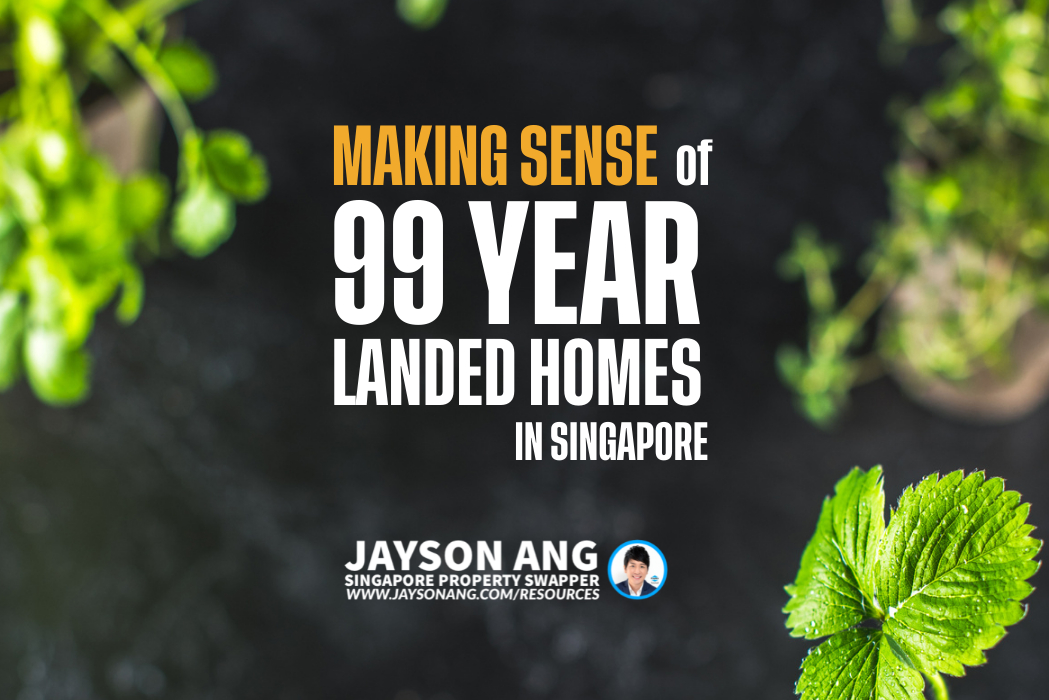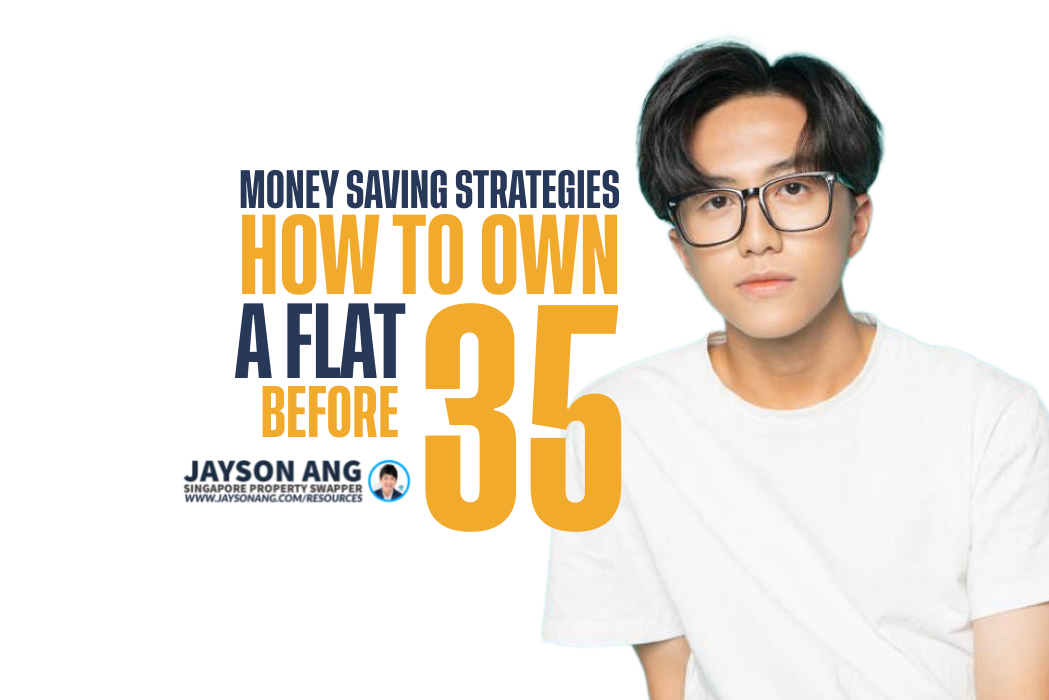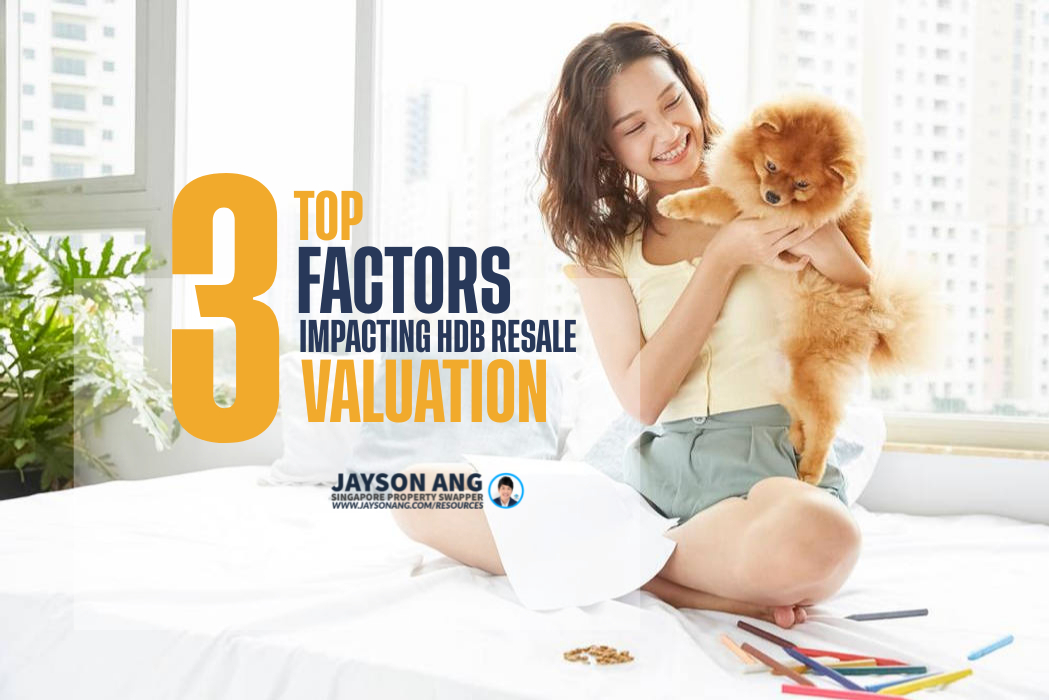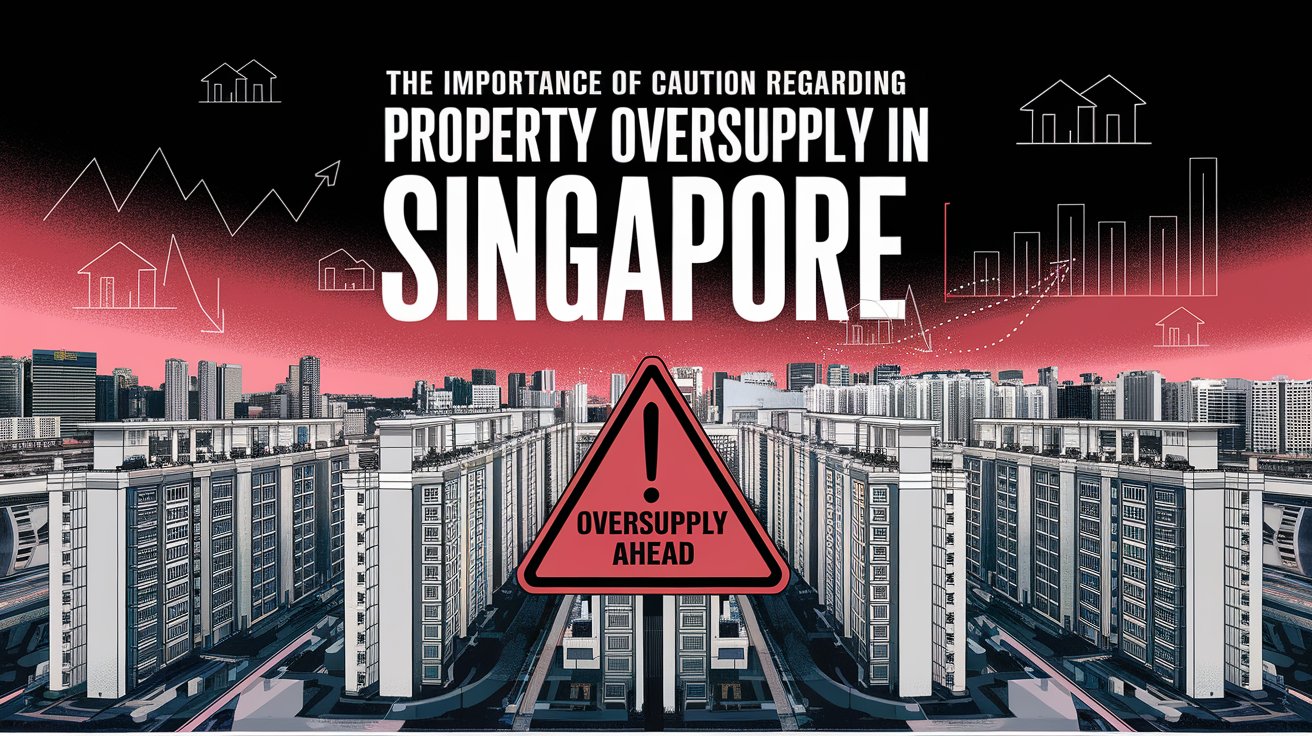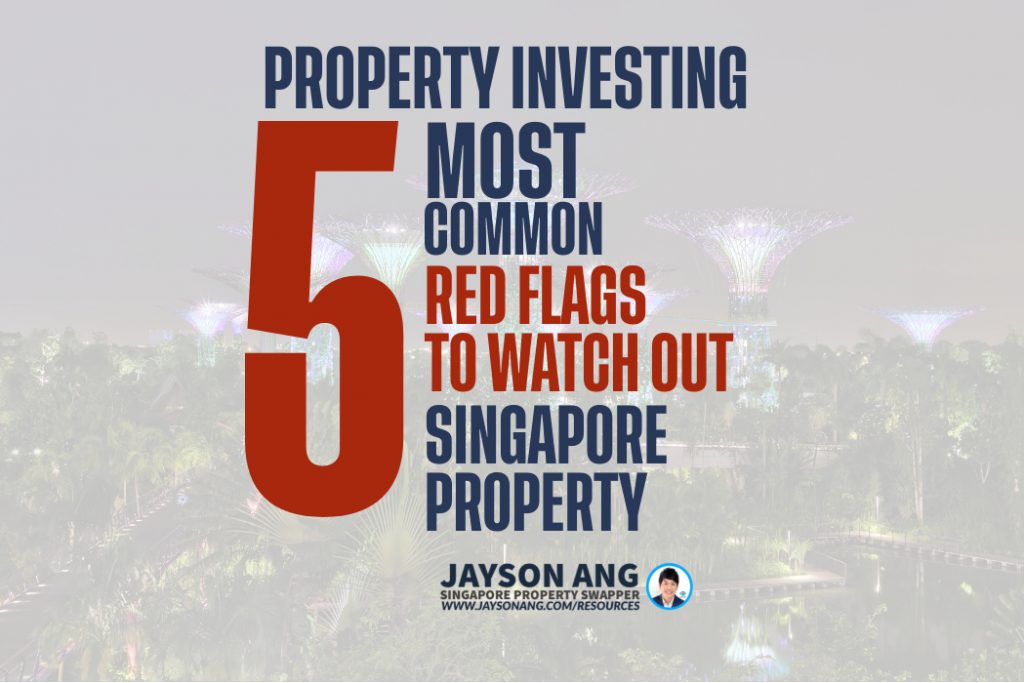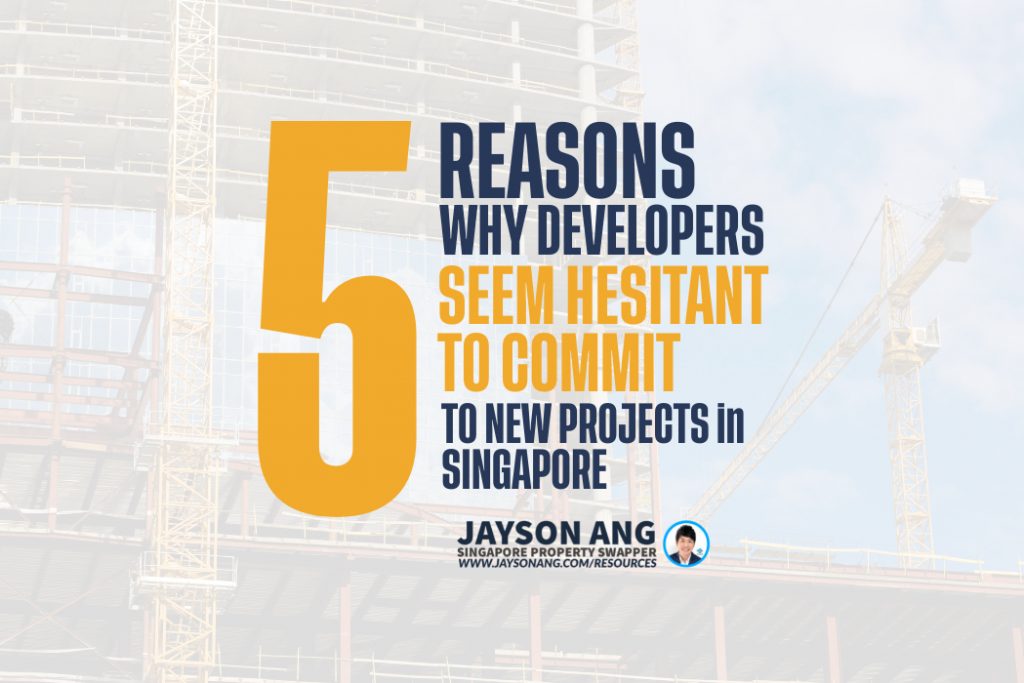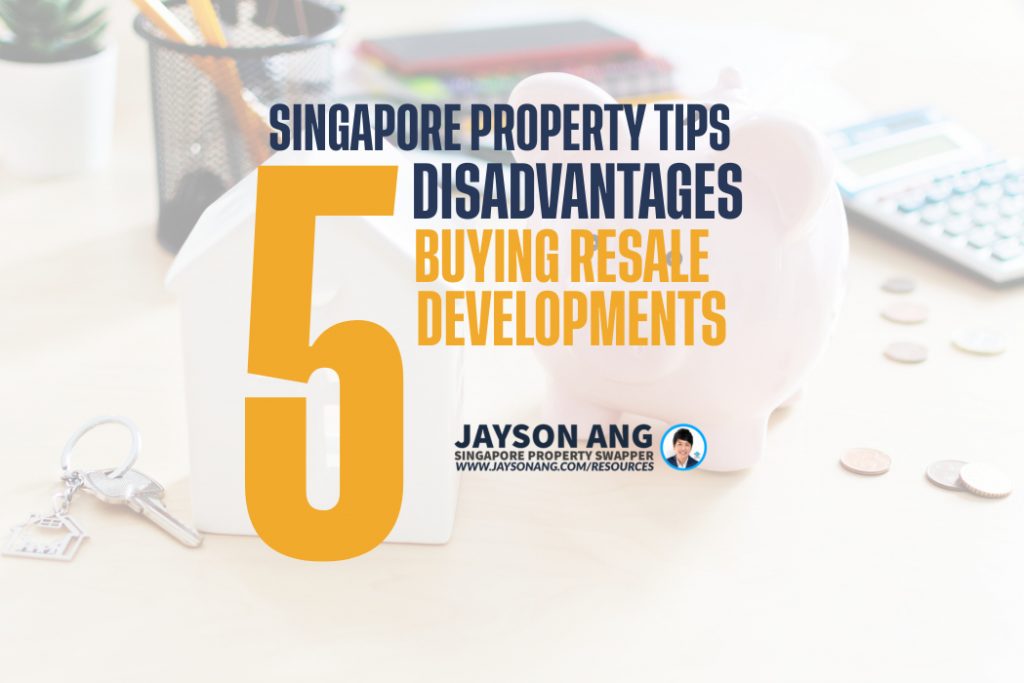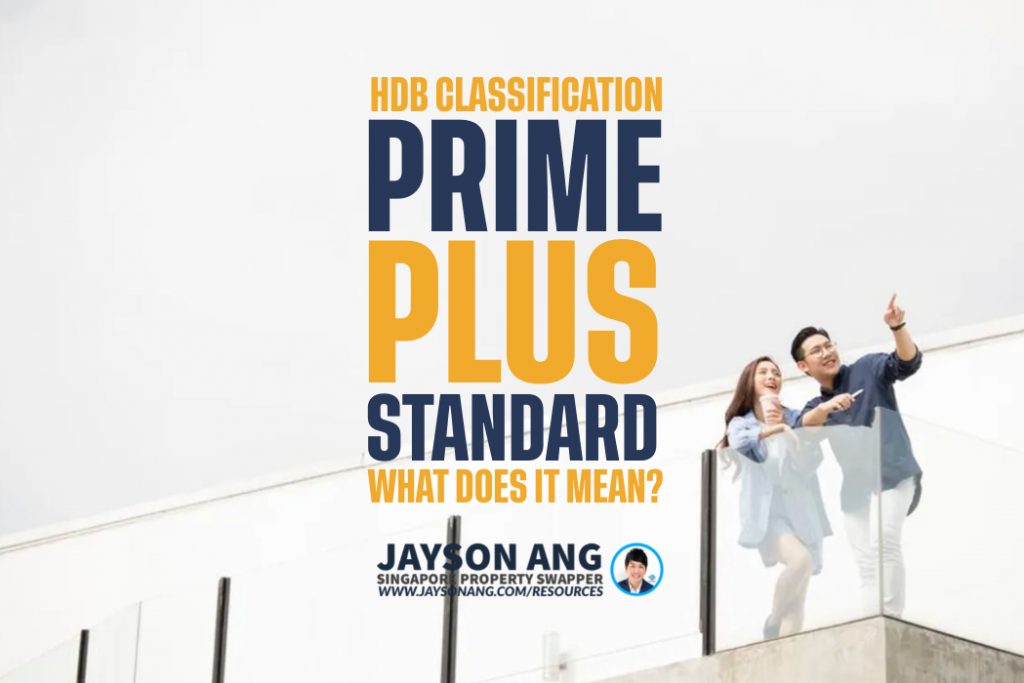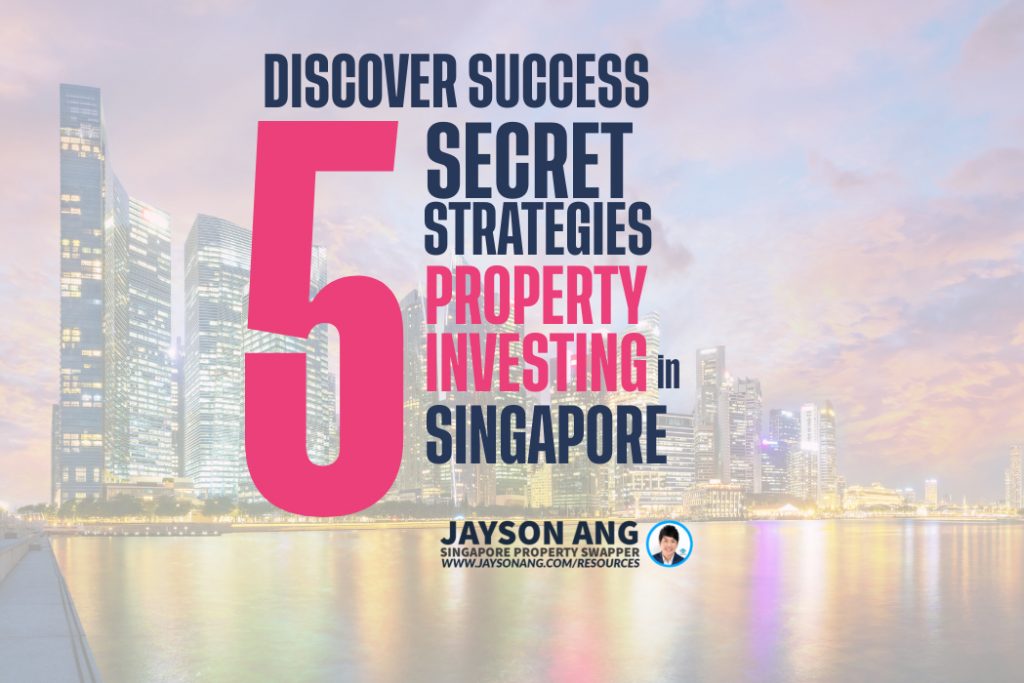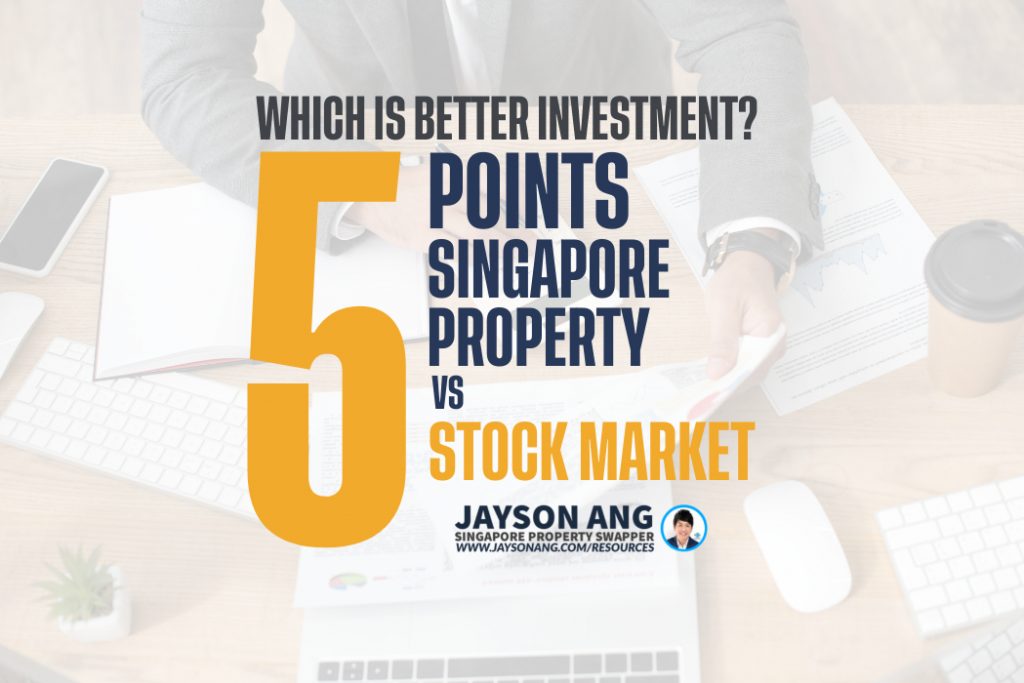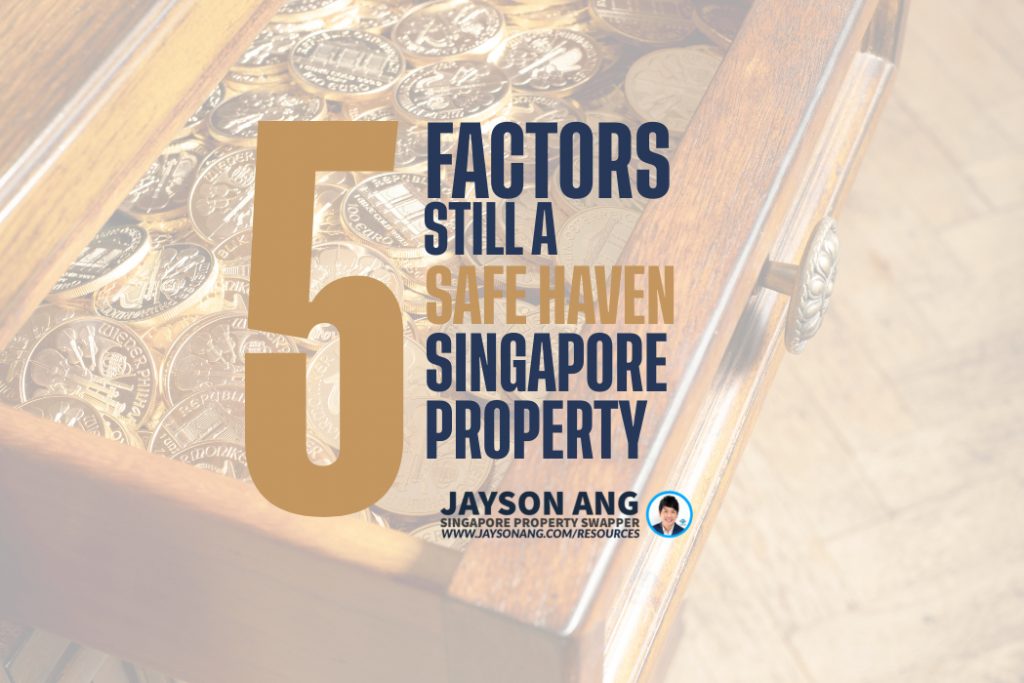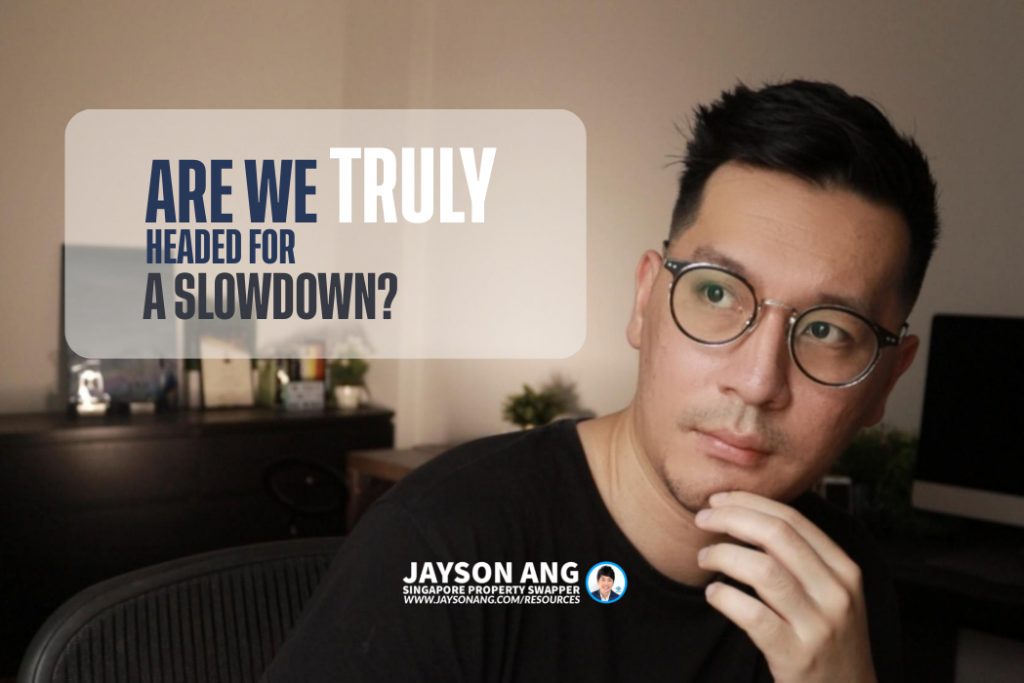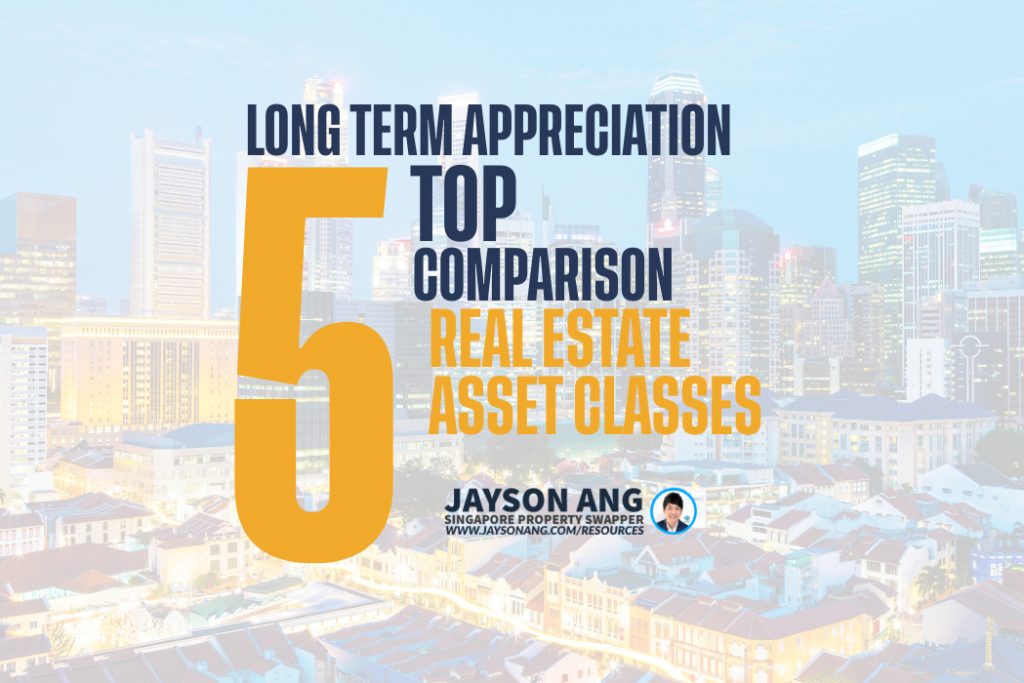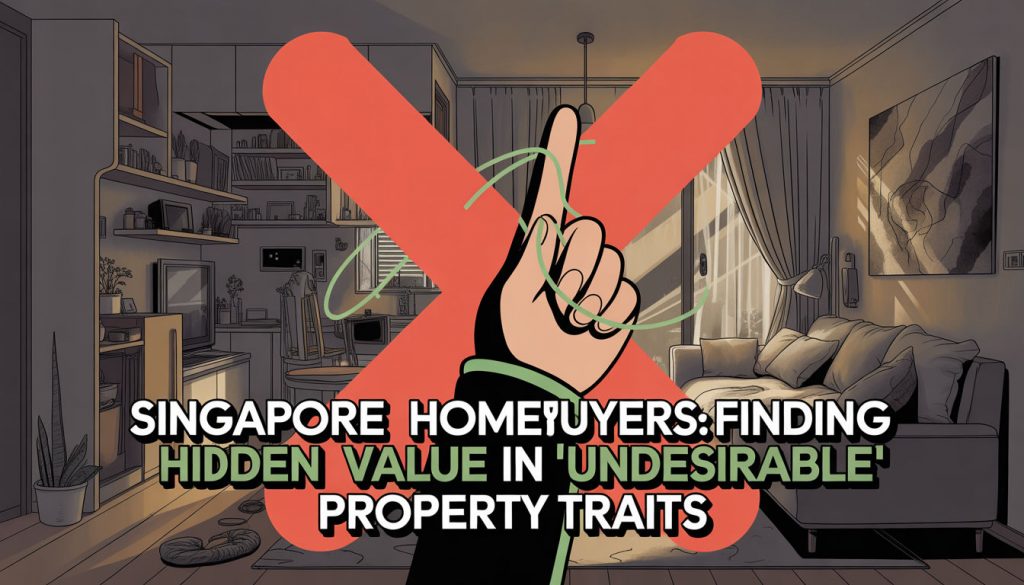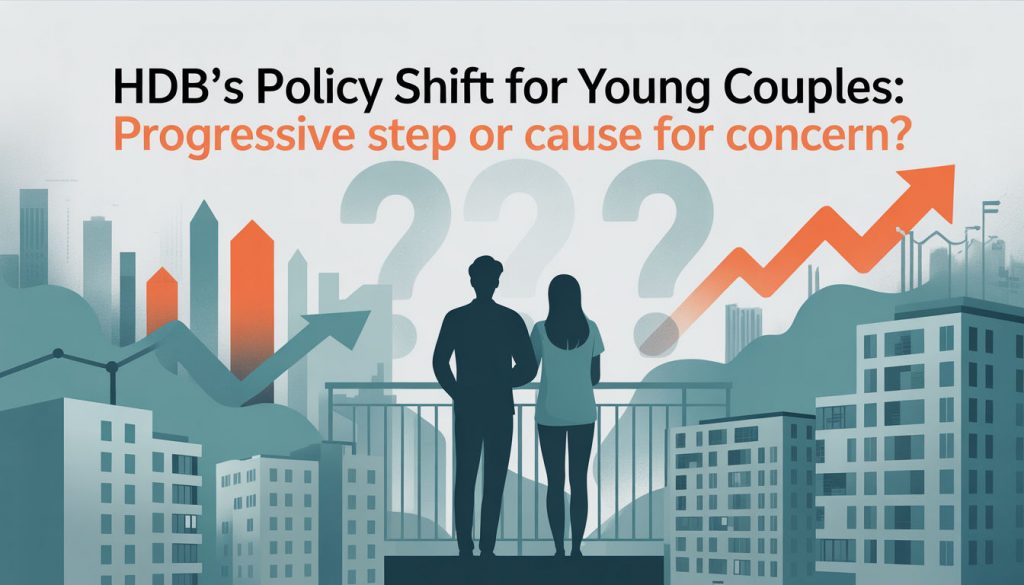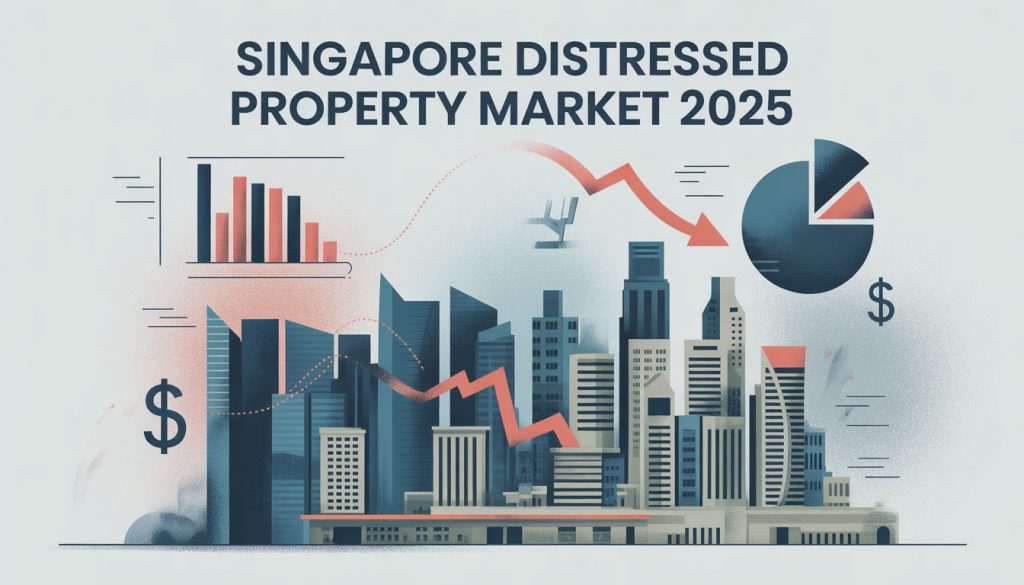TLDR
Investing in a 99-year leasehold landed property in Singapore can be a lucrative venture due to the country’s land scarcity and strategic urban planning. While leasehold properties tend to depreciate as the lease term shortens, they offer lower entry prices and potential for significant appreciation. Landed homes are scarce, making up less than 5% of housing, adding exclusivity and driving up demand. Strategic buying, understanding market cycles, and long-term perspective can help maximize returns. Challenges include depreciating leases, regulatory changes, and higher maintenance costs. Consider renovation, leveraging rental income, and long-term planning to make the investment work. Ultimately, it requires careful consideration, market awareness, and a readiness to invest in maintenance and upgrades for long-term growth.
Introduction
In the bustling city-state of Singapore, where space is at a premium, the allure of owning a landed home is undeniable. Yet, when it comes to property investments, the unique 99-year leasehold arrangement often gives pause. How do you make sense of investing in a landed property with a finite timeline? This article demystifies the concept of 99-year landed home investments in Singapore, guiding you through why it’s not only a viable but also a potentially lucrative venture.
Understanding 99-Year Leaseholds
What is a 99-Year Leasehold?
In Singapore, most landed properties are sold under a 99-year leasehold. This means you own the property and the land it sits on for a duration of 99 years. After the lease expires, ownership reverts to the state. This system contrasts with freehold arrangements, where the property ownership is perpetual, not reverting to the state upon the expiry of a given period.
The concept of 99-year leaseholds is pivotal in Singapore’s approach to managing its limited land resources while accommodating its growing population and their aspirations for homeownership. By implementing this model, the government ensures a cyclic rejuvenation of land, allowing for redevelopment and modernization over generations.
Economic Implications
Investing in a 99-year leasehold landed property in Singapore comes with its set of economic considerations. Initially, these properties tend to be less expensive than their freehold counterparts, making them an attractive option for investors and homebuyers with budget constraints. This lower entry price point can yield significant rental income or resale value over time, particularly in a market as dynamic and robust as Singapore’s.
However, the value of leasehold properties tends to depreciate as the lease term shortens, especially as it nears the final decades. This poses both risk and opportunity; buyers in the later stages of the lease might find bargains, but they also face greater challenges in asset appreciation.
Why 99 Years?
This system stems from Singapore’s land scarcity issue. It allows for the rejuvenation of older estates and ensures future generations have access to housing.circumstances. This strategic approach helps maintain a balance between preserving land for public and private development and ensuring that Singapore’s real estate market remains vibrant and dynamic.
The renewal or revision of leases upon expiration also serves as a mechanism for urban renewal, enabling the government to re-plan and rejuvenate aging neighborhoods and align them with contemporary urban planning standards. This ensures that residential areas remain relevant and conducive to modern living standards, which is crucial in maintaining the overall attractiveness of Singapore as a place to live and invest in.
Furthermore, the 99-year lease model facilitates a more equitable distribution of land. It prevents the monopolization of landownership, fostering a more inclusive housing market where more citizens can afford to buy homes. By periodically reverting land ownership back to the state, it allows the government to reassess and reallocate land use according to the evolving needs of the population, which could include residential, commercial, or industrial developments.
Given the depreciating nature of leasehold properties as the lease term diminishes, investors and homeowners should consider several strategies to maximize their investment.
The Appeal of Landed Home Investments
Scarce Resource in a Dense City
Landed properties in Singapore are rare, making up less than 5% of all housing. Their scarcity adds a layer of exclusivity and desirability, driving up demand and, potentially, investment returns.over time. This rarity also means that during periods of market upturn, landed properties, including those on 99-year leases, often see significant appreciation, making them a solid investment choice for those looking to capitalize on Singapore’s real estate market dynamics.
Steady Appreciation
Historically, Singapore’s landed homes have shown steady appreciation, thanks to the country’s strong economy and stable political climate. Even with a 99-year lease, many properties have seen significant growth in value over the decades.
Lifestyle and Status
Owning a landed home in Singapore isn’t just about the investment. It’s also a lifestyle choice and a status symbol. The space, privacy, and potential for personalization appeal to many.
Challenges and Considerations
Depreciating Lease
The most significant challenge is the depreciating lease. As the lease shortens, the property’s value typically decreases, especially as it nears the end of its term. This aspect requires careful financial planning and consideration of the investment horizon.
Regulatory Changes
Singapore’s real estate market is subject to regulatory changes, including stamp duties and restrictions on foreign ownership, which can impact the marketability and value of landed properties.
Maintenance and Upkeep
Landed homes require more maintenance than condominiums or apartments. This responsibility falls entirely on the homeowner, adding to the total cost of ownership over time.
Making the Investment Work
Strategic Buying
To maximize the value of a 99-year leasehold landed property, consider buying early in the lease or looking for properties with potential for renewal or redevelopment. Areas undergoing government-led rejuvenation projects may also offer increased future value.
Understanding Market Cycles
Real estate in Singapore, like anywhere else, goes through cycles. Timing your investment during a market dip can lead to significant gains as the market recovers and grows.
Long-Term Perspective
Investing in a landed home with a 99-year lease requires a long-term perspective. Consider the property’s potential for passing down to the next generation or its value in the rental market as part of your retirement portfolio.
Maximizing Returns
Renovation and Upgrades
Enhancing the property through strategic renovations can significantly increase its market value and appeal. Focus on modern, timeless upgrades that appeal to a broad audience to ensure your investment grows.
Leveraging Rental Income
If you’re not residing in the property, renting it out can provide a steady stream of income. Singapore’s status as an international business hub means there’s always demand for quality landed homes.
Planning for the Future
Consider the long-term strategy for your investment. Whether it’s holding onto it for capital appreciation or developing it further, having a clear plan can guide your decisions and maximize returns.
Conclusion: A Smart Choice for the Informed Investor
Investing in a 99-year leasehold landed property in Singapore is a decision that shouldn’t be taken lightly. It requires a deep understanding of the market, strategic planning, and a long-term perspective. However, for those willing to navigate its complexities, it can be a highly rewarding venture. The scarcity of landed homes, combined with Singapore’s robust economy and strict land-use policies, creates a unique opportunity for significant appreciation and wealth generation.
By approaching this investment with diligence, awareness of market cycles, and a readiness to invest in maintenance and upgrades, investors can not only enjoy the lifestyle benefits of owning a landed home but also secure a tangible asset that holds potential to grow in value over time. In a city that continues to evolve and grow, a carefully chosen landed property investment can stand as a testament to foresight, financial acumen, and a commitment to legacy building.
Should You Buy, Sell or Wait?
If you’re reading this, you must be trying to figure out the best course of action right now: is it the right time to buy or sell?
It’s difficult to give an exact answer since everyone’s situation is unique and what works for one person may not necessarily work for you.
I can bring you a wealth of on-the-ground experience and a data-driven approach to provide clarity and direction. From beginners to experienced investors, our top-down, objective approach will help you on your real estate journey.
I can help you by:
- Offering Strategic Real Estate Advice – I can help create a comprehensive plan to guide you through your property journey.
- Connecting Your Home with the Perfect Buyers – Through stunning visuals, an effective communication strategy, and an in-depth knowledge of the market, we’ll ensure your home is presented in the best possible way to fulfill your goals.
You May Also Like …

